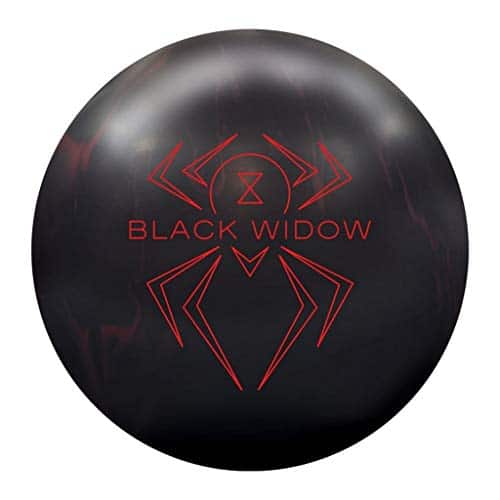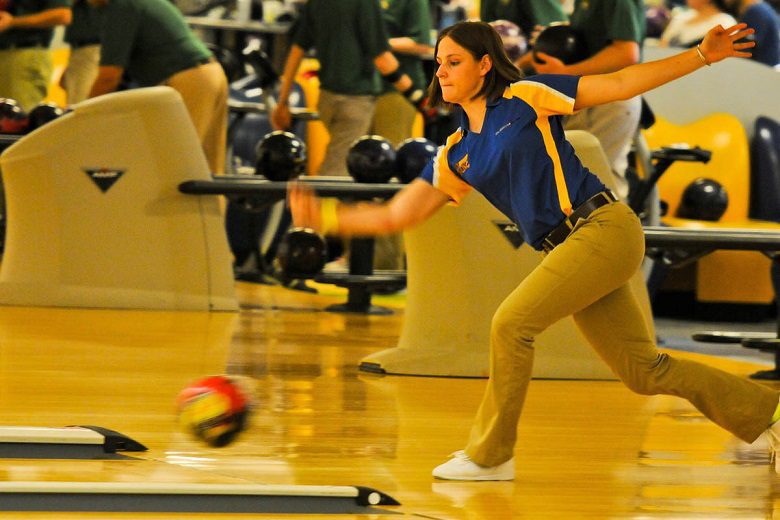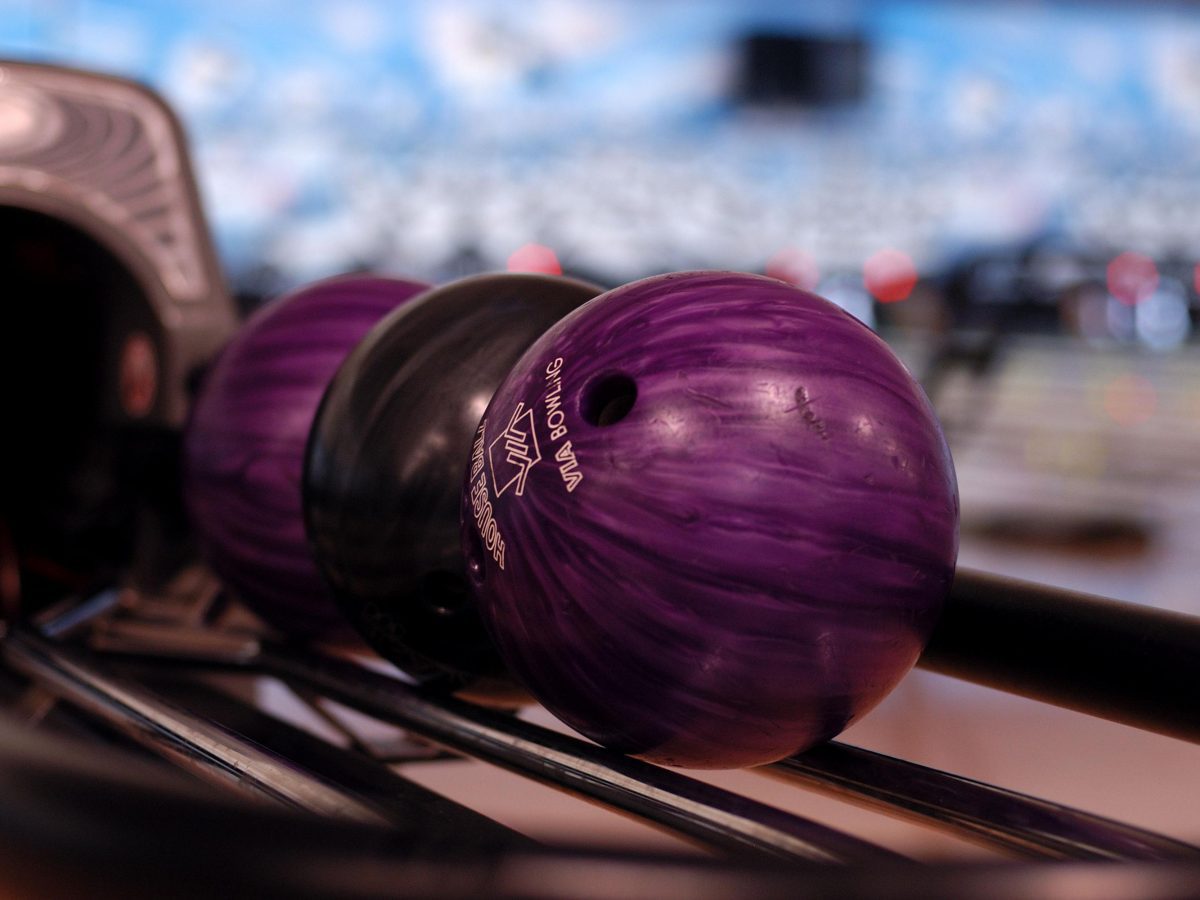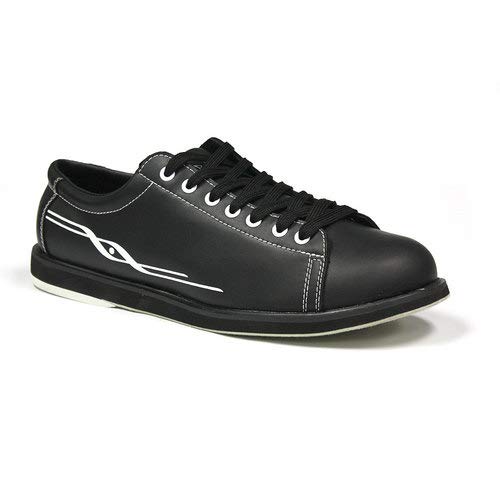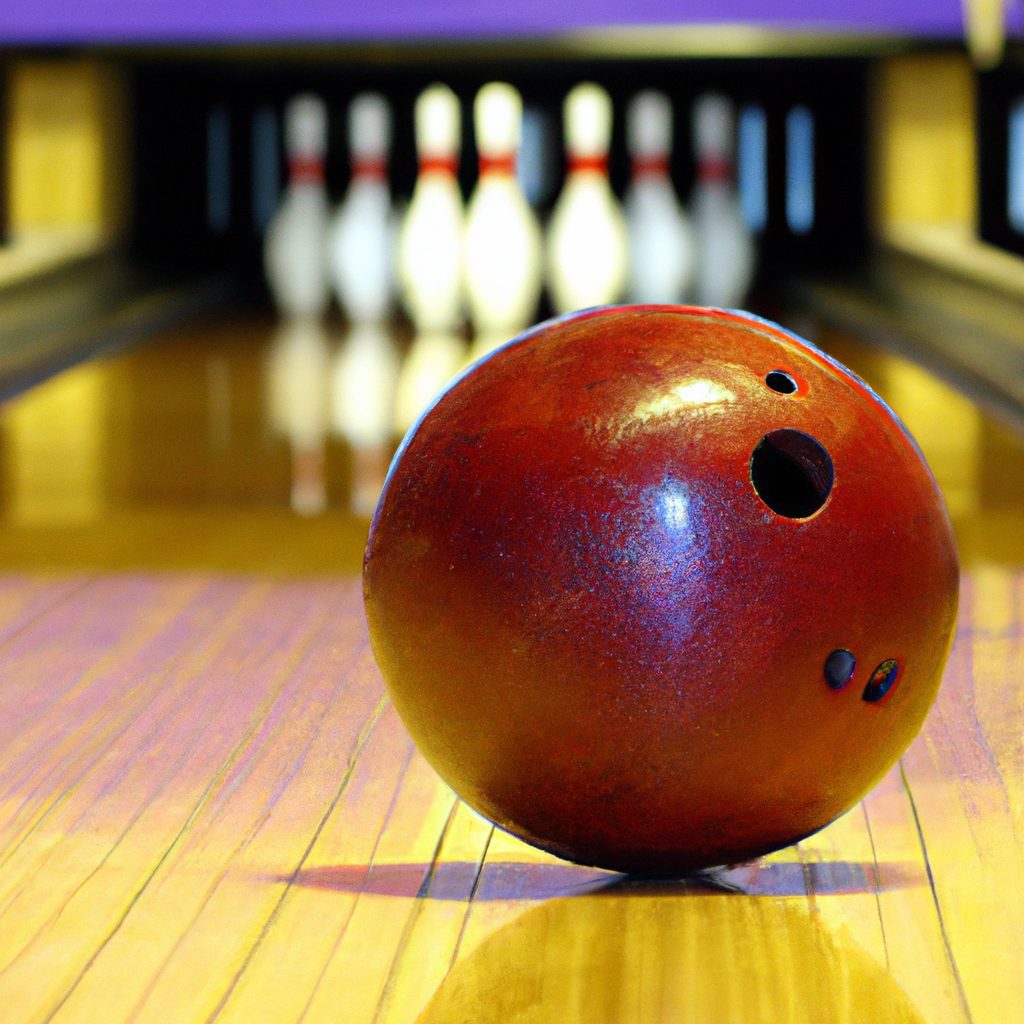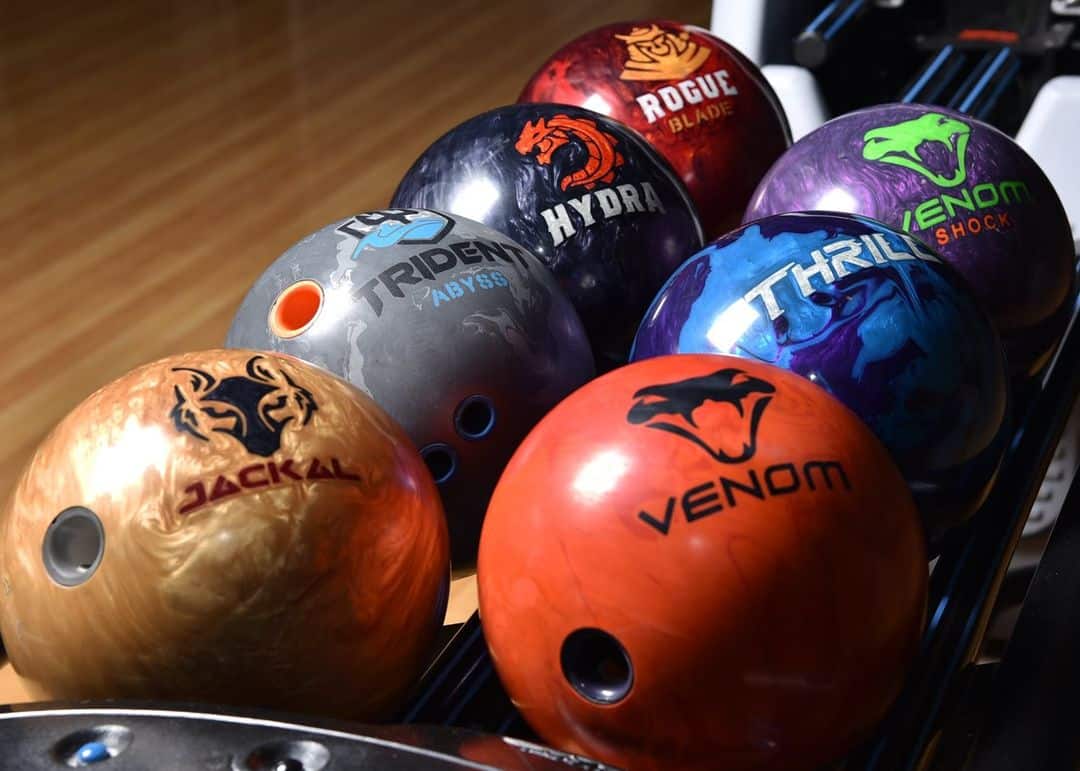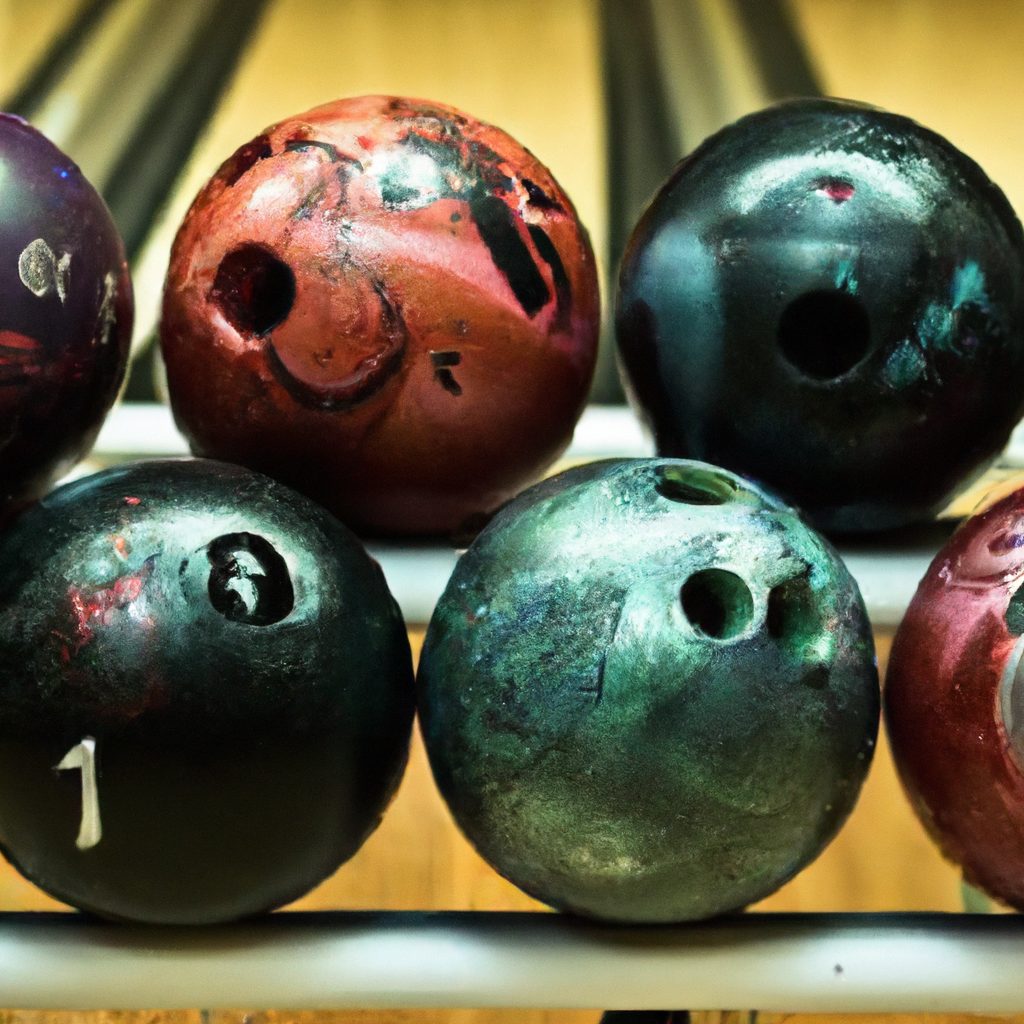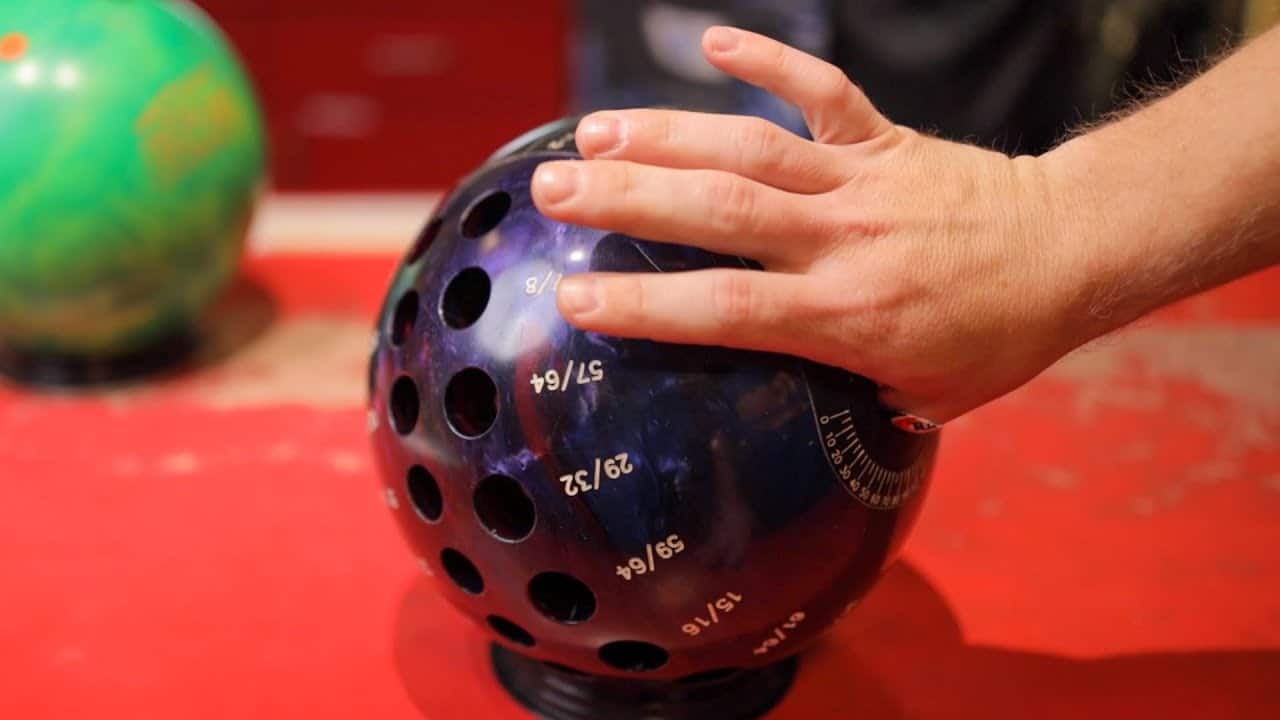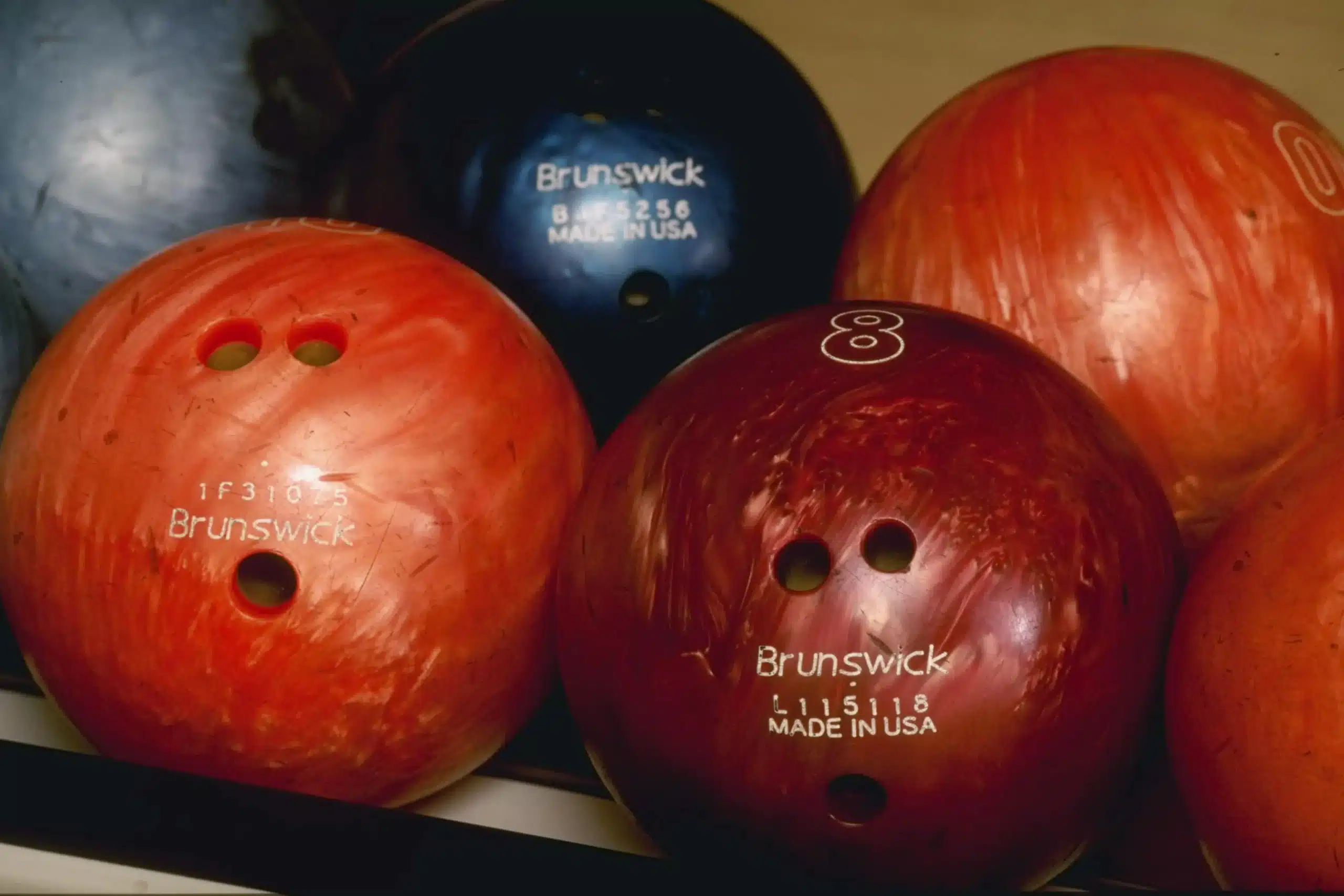Curious about whether the weight of a bowling ball really makes a difference in your game? Well, in our latest article, we’re going to tackle that very question head-on. We’ll take a deep dive into the pros and cons of using a 14 or 15-pound bowling ball, exploring how each weight can impact your overall performance on the lanes. So, if you’re looking to gain some insight into the world of bowling balls and how weight can affect your game, you’ve come to the right place!
This image is property of tamerbowling.com.
Review contents
Weight of the Bowling Ball
Bowling ball weight is an important factor to consider when it comes to performance on the lanes. The weight of the ball can affect various aspects of the game, including physical differences, handling and control, impact on ball speed, ball hook potential, deflection and carry, entry angle, player comfort, shot accuracy, rev rate and axis rotation, lane conditions and oil patterns, physical demands and fatigue, injury risk and preventive measures, customization and fit, bowling ball selection process, cost and availability, and personal preference and confidence.
Physical Differences
The physical differences between a 14 and 15 pound bowling ball may not be immediately noticeable, but there are some slight variations that can make a difference in terms of how the ball feels and performs. A 15 pound ball is typically slightly larger in diameter compared to a 14 pound ball. This difference in size can affect the way the ball fits in the hand and how it rolls down the lane.
Handling and Control
When it comes to handling and control, the weight of the bowling ball plays a crucial role. A 14 pound ball is generally easier to control compared to a 15 pound ball. The lighter weight allows for better accuracy and consistency in shots. However, some bowlers may prefer the heftier feel of a 15 pound ball and find it easier to generate power and hook potential.
Performance on the Lane
Impact on Ball Speed
The weight of the bowling ball can have a significant impact on the ball speed. A 15 pound ball tends to have more momentum and carries more energy down the lane compared to a 14 pound ball. Consequently, a 15 pound ball may generate higher ball speed upon release, which can be advantageous in certain playing conditions or for bowlers who prefer a faster approach.
Ball Hook potential
The weight of the bowling ball can also influence its hook potential. A 15 pound ball has a greater ability to generate hook or curve compared to a 14 pound ball. The additional weight can help the ball grip the lane surface and create more friction, leading to a sharper and more pronounced hook motion. This can be beneficial for bowlers looking for a greater angle of entry into the pins.
Deflection and Carry
In terms of deflection and carry, a 15 pound bowling ball has an advantage over a 14 pound ball. The heavier weight allows the ball to better maintain its line and penetrate through the pins. It exhibits less deflection upon impact and carries more energy through the pins, resulting in higher pin carry and a greater chance of knocking down more pins.
Entry Angle
The weight of the bowling ball also affects the entry angle into the pins. A 15 pound ball, due to its increased hook potential and better grip on the lane surface, has a higher likelihood of entering the pins at a sharper angle. This can lead to pin action that creates a greater scattering effect, increasing the chances of achieving high scores.
Player Skill and Technique
Player Comfort
Player comfort is paramount in bowling, and the weight of the ball can greatly impact how comfortable a bowler feels during play. Some bowlers may find a 14 pound ball more comfortable to handle and control, as it requires less physical exertion. On the other hand, more experienced and stronger bowlers may prefer the heavier feel of a 15 pound ball, as it allows them to generate more power and control in their shots.
Shot Accuracy
Shot accuracy heavily relies on the bowler’s skill and technique, but the weight of the bowling ball can also have an influence. While a 15 pound ball may allow for more power and potential hooking action, it requires careful control and proper technique to ensure accurate targeting and consistent shot execution. A 14 pound ball can be easier to control for less experienced bowlers, resulting in improved shot accuracy.
Rev Rate and Axis Rotation
The weight of the bowling ball can also impact the player’s rev rate (the revolutions the ball makes as it travels down the lane) and axis rotation (the angle at which the ball rotates). Generally, a 15 pound ball offers more opportunities for higher rev rates and greater axis rotation, as the additional weight generates more momentum and rotational forces. This can lead to increased hook potential and a dynamic ball motion.
Lane Conditions and Oil Patterns
Dry Lanes
When bowling on dry lanes, the weight of the bowling ball becomes crucial. In dry lane conditions, a 15 pound ball can be advantageous due to its increased hook potential. The additional weight helps the ball grip the lane better, generate more friction, and create a stronger hook motion. This can compensate for the lack of oil on the lane, allowing the ball to maintain a consistent and controlled hook.
Medium Lanes
In medium lane conditions, both a 14 and 15 pound bowling ball can be suitable choices, depending on the bowler’s preference and playing style. The medium oil pattern provides a balance between dry and heavy oil conditions, allowing for a moderate hook potential. Bowlers who prefer a moderate hook may opt for a 14 pound ball, while those looking for a more aggressive hook may choose a 15 pound ball for enhanced control and power.
Heavy Oil Lanes
On heavy oil lanes, a 15 pound bowling ball is often the preferred choice. The heavy oil pattern requires a greater hook potential to navigate through the oil and still maintain a strong and continuous motion towards the pins. The additional weight of a 15 pound ball allows for better traction and grip on the heavily oiled lanes, resulting in improved performance and increased pin carry.
This image is property of i.ytimg.com.
Physical Demands and Fatigue
Bowling Ball Weight and Physical Exertion
The weight of the bowling ball can impact the physical demands placed on the bowler during a game. A 15 pound ball requires more physical exertion, as it requires greater strength to consistently and confidently deliver with power. This added physical demand can lead to increased fatigue, especially during longer bowling sessions or tournaments.
Fatigue and Consistency
Fatigue can have a detrimental effect on a bowler’s consistency and overall performance. While a 15 pound ball may offer greater power and control, overexertion and fatigue can lead to inconsistent shots and decreased accuracy. Bowlers should consider their stamina and endurance levels when choosing a ball weight to ensure they can maintain their performance throughout a game or tournament.
Injury Risk and Preventive Measures
Potential for Strain and Injury
Bowling, like any physical activity, carries the risk of strain and injury. The weight of the bowling ball can contribute to these risks if not managed properly. Both a 14 and 15 pound ball can cause strain and injury if the bowler’s technique, strength, and conditioning are inadequate. It is crucial to select a ball weight that allows for proper control and execution without compromising the bowler’s physical well-being.
Proper Warm-up and Stretching
To prevent strain and injury, bowlers should adopt a proper warm-up routine and engage in stretching exercises before playing. This applies regardless of the weight of the bowling ball being used. Warming up helps prepare the muscles and joints for the physical demands of bowling, reducing the risk of injury and enhancing performance.
Use of Wrist Supports or Braces
To mitigate the risk of strain and injury, bowlers may opt to use wrist supports or braces. These supportive devices can help stabilize the wrist and provide additional support when delivering the ball. They can be particularly beneficial for bowlers using a heavier ball weight, as it places more stress on the wrist during the swinging motion.
This image is property of i.ytimg.com.
Customization and Fit
Ball Drilling Options
Customization plays a crucial role in optimizing the fit and performance of a bowling ball. Weight alone is not the only consideration when it comes to customization. The drilling layout of the finger holes affects the ball’s reaction on the lane, while the thumb hole can impact the comfort and control experienced by the bowler. Consulting with a professional ball driller is crucial to ensure a proper fit and drilling layout that caters to the individual’s physique and playing style.
Finger and Thumb Insert Options
In addition to drilling options, bowlers have the ability to customize their grip further with finger and thumb inserts. These inserts can enhance a bowler’s grip and provide additional comfort and control. Regardless of the weight of the bowling ball, having a secure and comfortable grip is essential for consistent and accurate shots.
Bowling Ball Selection Process
Consulting with a Ball Driller
The process of selecting a bowling ball should ideally involve consultation with a professional ball driller. A ball driller possesses the knowledge and expertise to assess a bowler’s playing style, skill level, and physical attributes to recommend the most suitable ball weight and customization options. Their insights can greatly aid in selecting the right ball for optimal performance.
Trial and Error
Bowling ball selection can sometimes require a bit of trial and error. Each bowler is unique, and what may work for one person may not necessarily work for another. It can be beneficial to try different ball weights, either through borrowing from other bowlers or renting at a bowling center, to determine the ideal weight that suits an individual’s preferences and abilities.
Consulting with Other Bowlers
Seeking advice and input from other bowlers can also assist in the bowling ball selection process. Fellow bowlers can offer insights based on their own experiences and playing styles. However, it is important to remember that personal preferences and bowling techniques can differ greatly, so the final decision should always be based on the individual’s comfort and confidence with the chosen ball weight.
This image is property of i.ytimg.com.
Cost and Availability
Price Variations
Bowling ball prices can vary depending on the brand, model, weight, and customizations selected. Generally, heavier bowling balls incur a slightly higher cost due to the additional materials required in their construction. However, the difference in price between a 14 and 15 pound ball is usually minimal and should not significantly impact the overall affordability of the purchase.
Availability in Bowling Centers
Bowling centers typically offer a range of bowling ball weights, including both 14 and 15 pound options. Availability may vary depending on the specific center and its inventory. It is advisable to contact the bowling center or check their website in advance to confirm the availability of desired ball weights and models.
Personal Preference and Confidence
Psychological Aspects
Personal preference and confidence can greatly influence a bowler’s performance and overall enjoyment of the game. The weight of the bowling ball plays a part in this equation. Some bowlers may naturally gravitate towards a specific weight due to their comfort level and previous experiences. It is important to choose a ball weight that instills a sense of confidence and helps establish a positive mindset on the lanes.
Building Trust in Equipment
Bowling is as much a mental game as it is a physical one. Building trust in the equipment, including the weight of the bowling ball, is crucial for peak performance. When a bowler feels confident and comfortable with their chosen ball weight, they can focus more effectively on their technique and execution. This trust in the equipment can lead to improved consistency, accuracy, and enjoyment of the game.
In conclusion, the weight of a bowling ball can significantly impact a bowler’s performance, comfort, and overall experience on the lanes. Both a 14 and 15 pound ball have their advantages and considerations to take into account when it comes to physical differences, handling and control, performance on the lane, player skill and technique, lane conditions and oil patterns, physical demands and fatigue, injury risk and preventive measures, customization and fit, bowling ball selection process, cost and availability, and personal preference and confidence. By understanding these factors and consulting with professionals or fellow bowlers, individuals can make informed decisions that enhance their bowling experience and maximize their potential for success.
This image is property of qph.cf2.quoracdn.net.








![Spare bowling ball Top 10 in 2024. (reviews) Top 10 Best Spare Bowling Balls [2021 Reviewed]](http://landofbowling.com/wp-content/uploads/2021/07/Top-10-Best-Spare-Bowling-Balls-2021-Reviewed.jpg)






